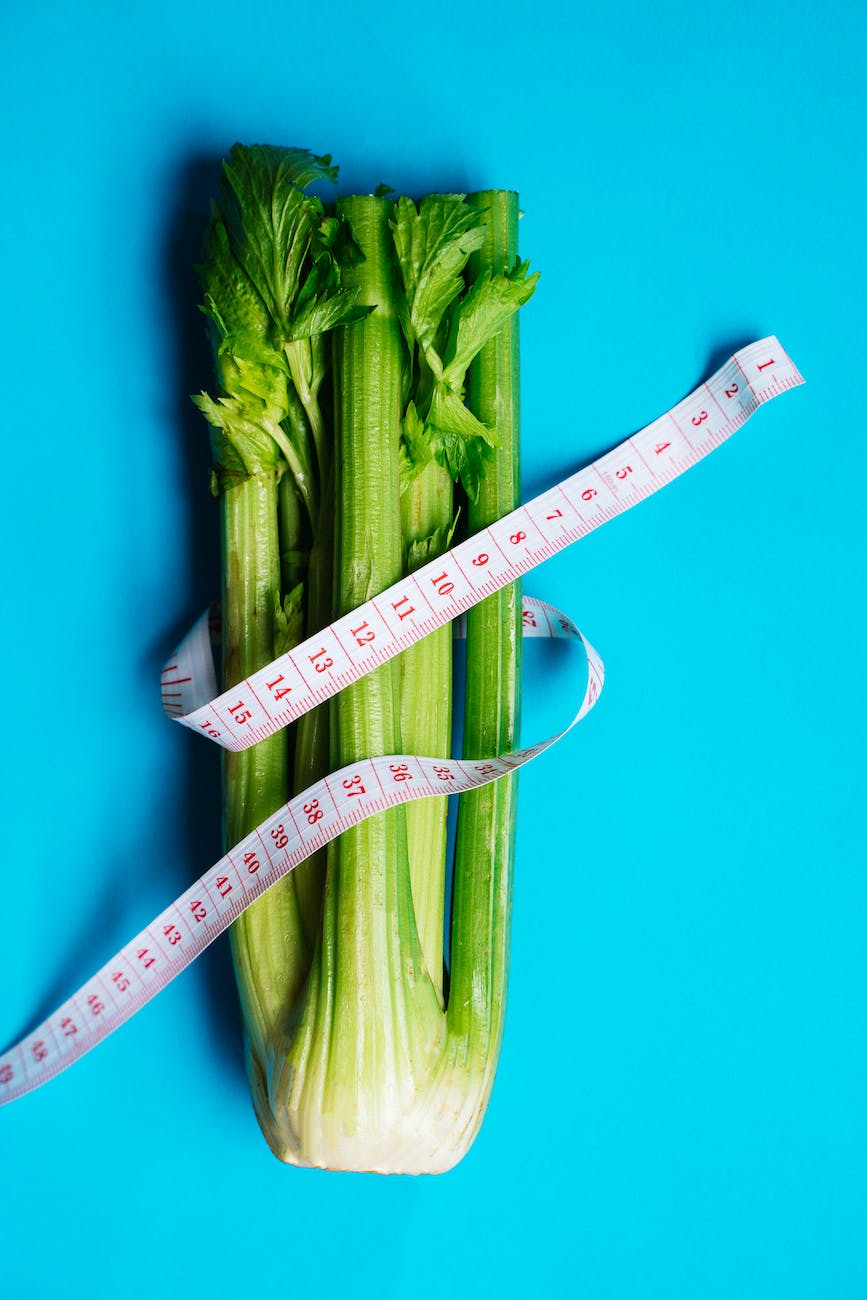
In this heartfelt reflection, Khushwant Singh, a renowned Indian author, shares his insights on longevity and coping with old age. At 98 years old, he offers practical advice based on his personal experiences and observations. His wisdom is not just about living longer, but living well and finding peace and satisfaction in the later years of life.
Khushwant Singh’s Reflections on Longevity and Coping with Old Age
By Khushwant Singh @ age 98
Coming on to 98 and still earning more than I did in my younger days, people ask me how I manage to do it. They regard me as an expert on longevity.
Also Read: 30-Minute Chair Yoga for Seniors and Elderly
Earlier I had written that longevity is in one’s genes. This did not happen in my own family. My parents, who died at 90 and 94, had five children. The first to go was the youngest of the siblings. Next went my sister who was the fourth. My elder brother, who was three years older than me, went a couple of years ago. Two of us remain: I, who will soon be 98, and my younger brother, a retired Brigadier three years younger than me and in much better health.
More important than analyzing longevity is to cope with old age and make terms with it. As we grow older, we are less able to exercise our limbs. Right into my mid-eighties, I played tennis every morning, did rounds of Lodhi gardens in winter, and swam for an hour in summer. I am unable to do this anymore. Now I take a good massage by powerful hands going all over my body from the skull to the toes. I have this done at least once a day or at times twice a day. I am convinced that this has kept me going for so long.
Equally important is the need to cut down drastically one’s intake of food and drink. I start my mornings with guava juice. My breakfast is one scrambled egg on toast. My lunch is usually patli kichri with dahi or a vegetable. I skip afternoon tea. In the evening, I take a peg of single malt whisky. Before I eat supper, I say to myself, “Do not eat too much.” I also believe that a meal should have just one kind of vegetable or meat followed by a pinch of chooran. It is best to eat alone and in silence. Talking while eating does not do justice to the food and you swallow a lot of it. For me, no more Punjabi or Mughlai food. I find South Indian idli, sambhar, and grated coconut easier to digest and healthier.
Also Read: Eggs and Daily Consumption: Unscrambling the Facts
Never allow yourself to be constipated. *The stomach is a storehouse of all kinds of ailments. Our sedentary life tends to make us constipated. Keep your bowels clean. Impose strict discipline on your daily routine of eating and exercise.
Try to develop peace of mind. For this, you must have a healthy bank account. Shortage of money can be very demoralizing. It does not have to be in crores, but enough for your future needs and the possibility of falling ill. Never lose your temper, it takes a heavy toll and jangles one’s nerves.
Give generously. Remember you can’t take it with you. You may give to your children, servants, or charity. You will feel better. There is joy in giving. Drive out envy of those who have done better than you in life. Do not conform to the tradition of old people spending time in prayer and long hours in places of worship. That amounts to conceding defeat. Instead, take up a hobby like gardening, growing bonsai, or helping children in your neighborhood with their homework.
Recommended Recipe: Fermented RAGI (Finger Millet) IDLIS- Gluten Free | Gut Friendly | Breakfast Recipe
A practice which I have found very effective is to fix my gaze on the flame of a candle, empty my mind of everything, but in my mind repeat Waheguru, Waheguru, Waheguru Aum Shanti, Aum Shanti, Aum Shanti. It does work. I am at peace with the world.
We can’t all be Fauja Singh who at 100 runs a marathon race, but we can equal him in longevity and creativity. I wish all my readers long, healthy lives full of happiness.
Khushwant Singh
It’s sad that Khushwant Singh couldn’t complete a century. He left this world shortly after completing 99. This is probably the best ever advice to senior citizens that I have read! 🌹🙏
Found this note on internet, credited to the illustrious writer, hopefully it is being rightly attributed, otherwise still sounds like a good advice, regardless of the source it is coming from. Do share the same with someone in your friends and family – with someone to whose life this could make a difference.
Got more advice to share or thoughts to add – fireaway in the comments below.










